The article said that Musk had sexually harassed the woman in 2016 while getting a massage on a private jet while traveling for his aerospace company, SpaceX.
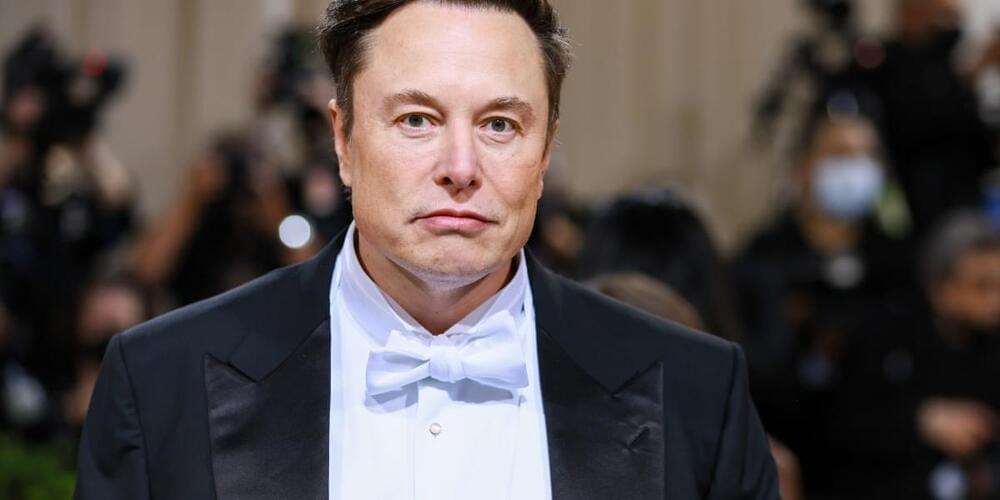

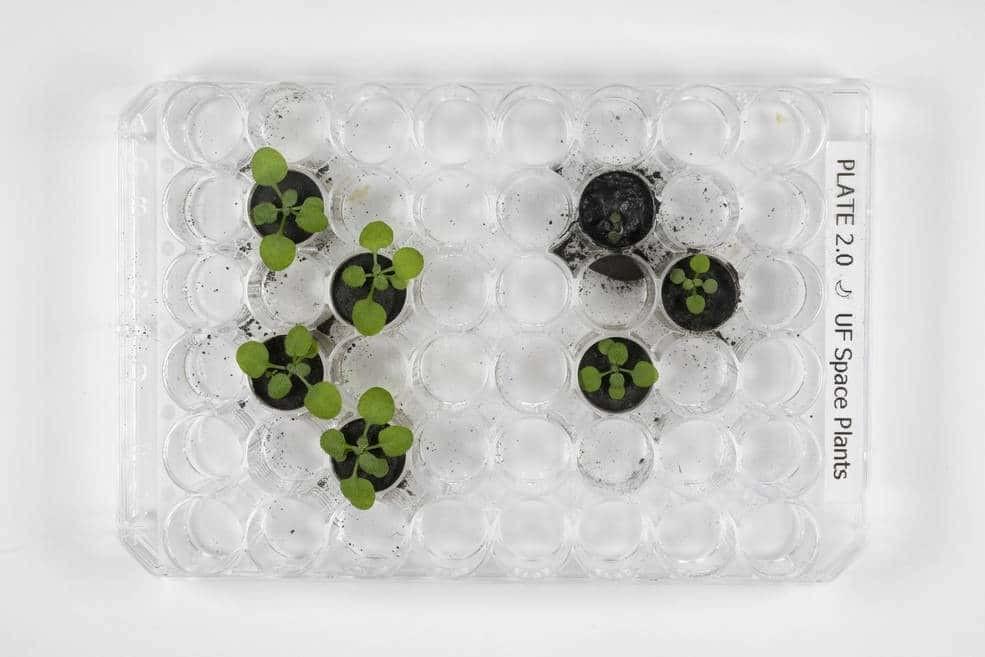
For the first time ever, scientists have grown plants in soil samples collected from the Moon fifty years ago, a feat that could have implications not only for prolonged space exploration, but for plants trying to thrive in harsh conditions on our planet.
The views expressed in this article are those of the author alone and not the World Economic Forum.
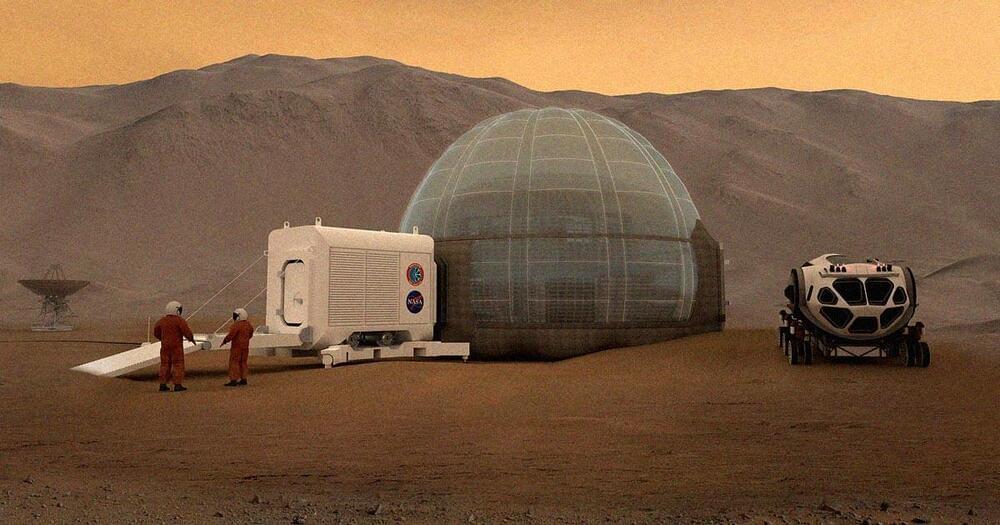
During a high-level talk on NASA’s objectives for human space exploration, we got an early glimpse of what a 30 day crewed mission to the surface of Mars could eventually look like.
It’s an exciting prospect that, while many years if not decades away, shows the agency’s commitment to fulfilling humanity’s dreams of setting foot on the Red Planet for the first time in history.
NASA director of space architectures Kurt “Spuds” Vogel outlined what such a mission could entail. The agency is envisioning a habitat spacecraft to make the months long journey there, which uses a hybrid rocket stage that combines chemical and electric propulsion.
Nearly three years ago, OFT-1 aimed to accomplish the same goals as OFT-2. Although the Atlas V rocket inserted the Starliner capsule into a perfect trajectory, the capsule’s navigational systems believed “it was in an orbital insertion burn.” Despite this failure, mission control was able to safely return Starliner to Earth. Over the coming months, inspectors found that the capsule had encountered two critical software issues.
Comprehensively inspecting and fixing the navigation system for a complex spacecraft is no easy task, which is one of the reasons why a second orbital test has been so delayed. Unrelated issues forced Boeing to scrub the intended second launch in August 2021. Now that Starliner is back and presumably better than ever, this launch will test the complex imaging system required to dock to the ISS, along with the rest of the Starliner spacecraft.
WHAT’S NEXT? — If OFT-2 is successful, Boeing can finally progress toward moving astronauts to the International Space Station. Currently, NASA’s only ride to the ISS is through SpaceX’s Crew Dragon program, which has seen four flawless Commercial Crew missions to the space station, two other crewed launches to the ISS, and one orbital all-civilian mission. Pending a successful test, Starliner could see crewed use by the end of 2022.
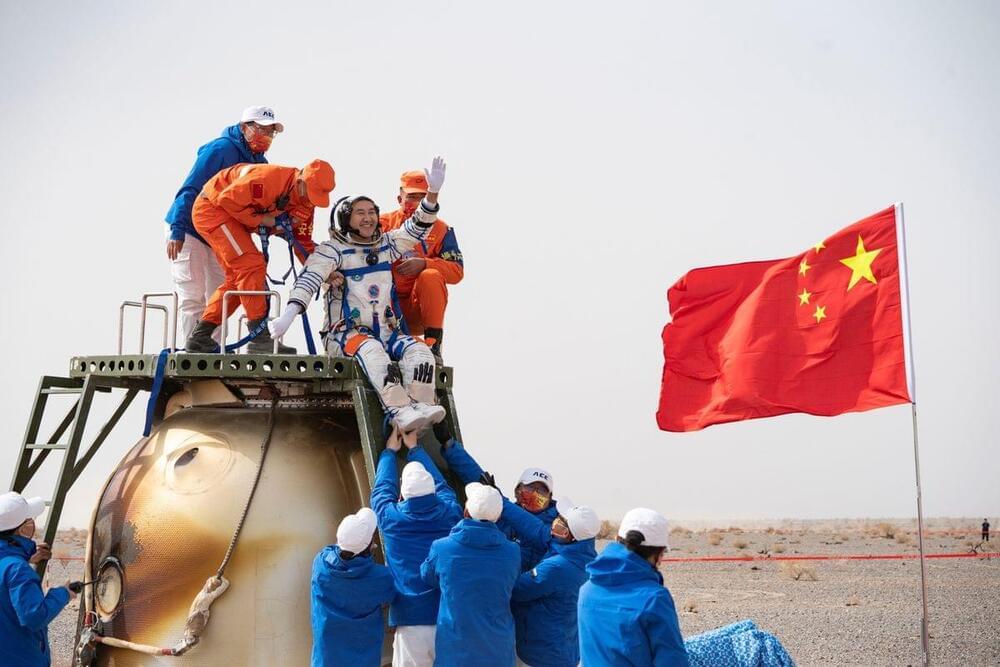
Space today is a three-horse race with the US, China, and SpaceX in the lead. Russia’s Roscosmos is falling back while ESA, Japan’s JAXA, and India’s ISRO are trying to make a run.
“There’s going to be a new world order out there, and we’ve got to lead it,” US President Joe Biden said after Russia’s war in Ukraine upended global geopolitics. Far from Earth, that transition is already happening.
Just like in the era of Sputnik and Apollo more than half a century ago, world leaders are again racing to achieve dominance in outer space. But there’s one big difference: Whereas the US and the Soviet Union hashed out a common set of rules at the United Nations, this time around the world’s top superpowers can’t even agree on basic principles to govern the next generation of space activity.
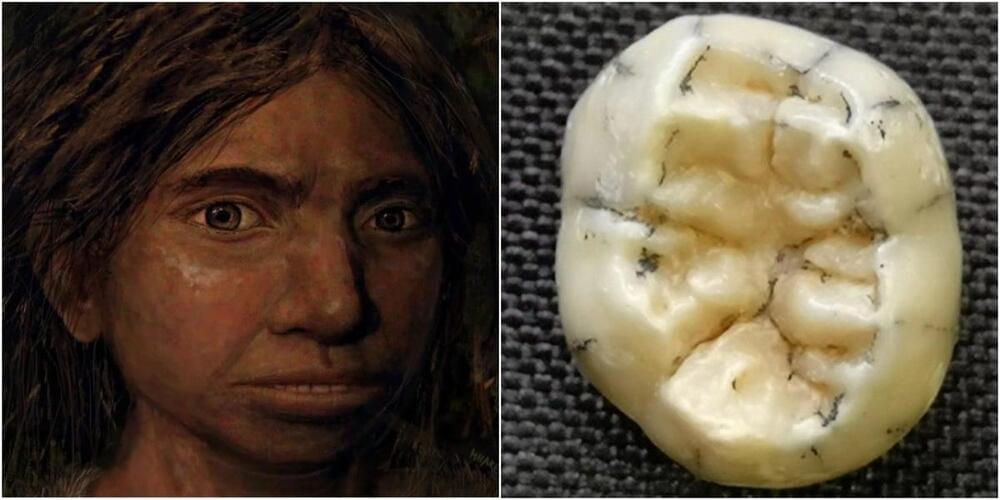
When researchers simulated the exhaust from a Falcon 9 rocket launch, they found that it releases high concentrations of CO2 in the upper atmosphere.
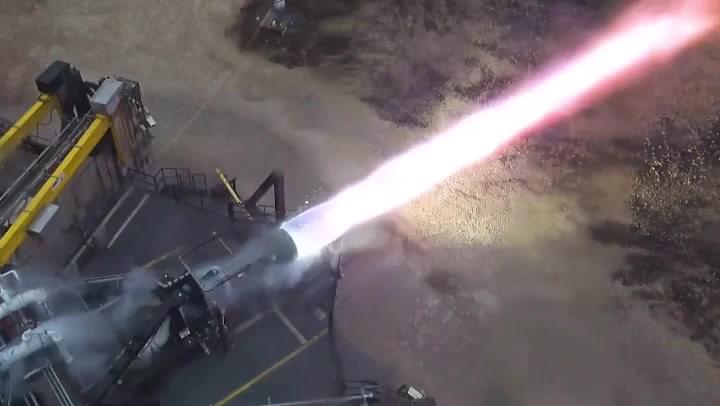
Raptor one “only” had 185 tons. SpaceX engineers are pushing boundaries 💯 Check out the full webcast with the Starship update via the link in our bio. Credit @spacex #spacex #space #raptor2 #raptor #starship #mars
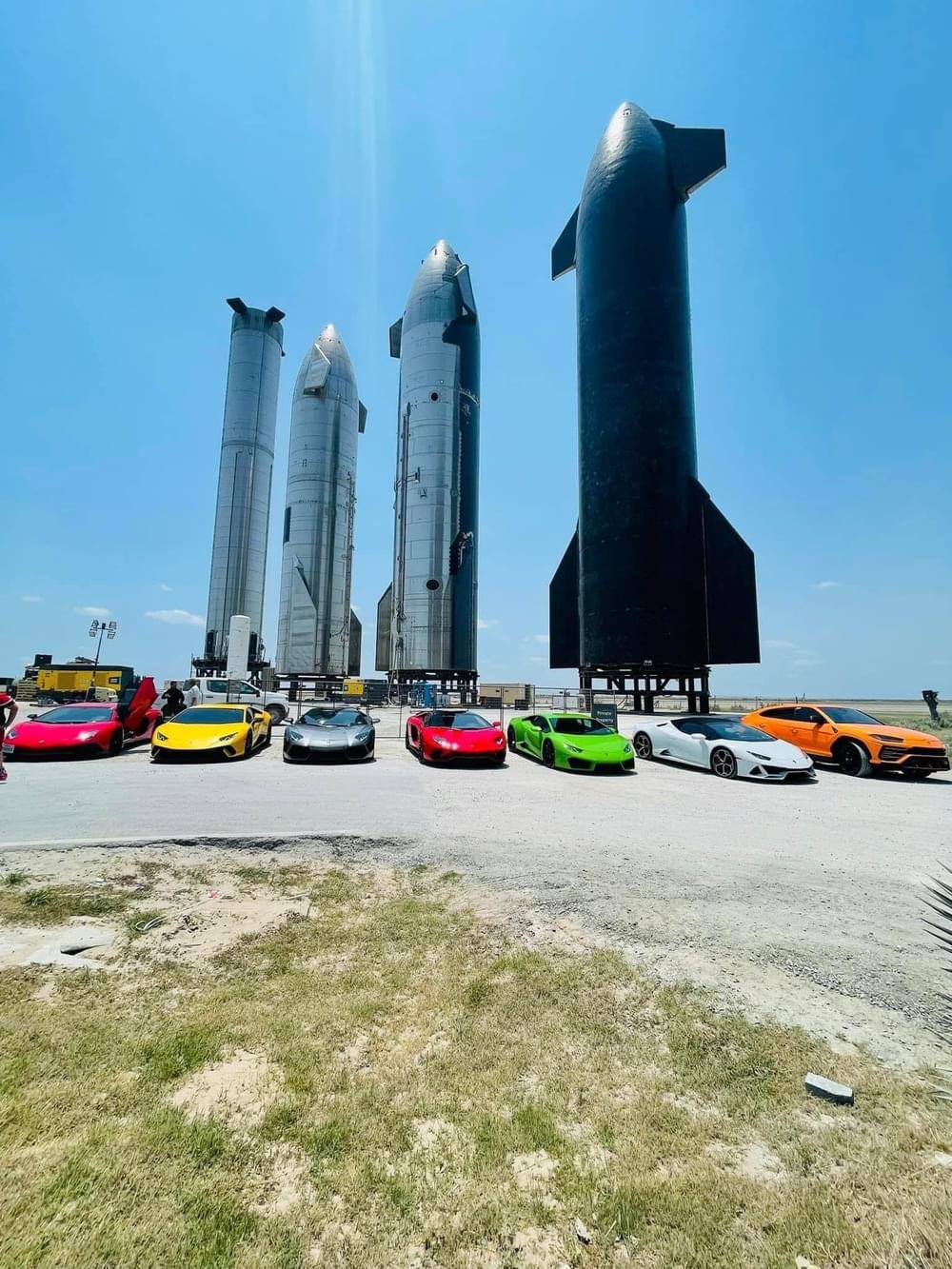
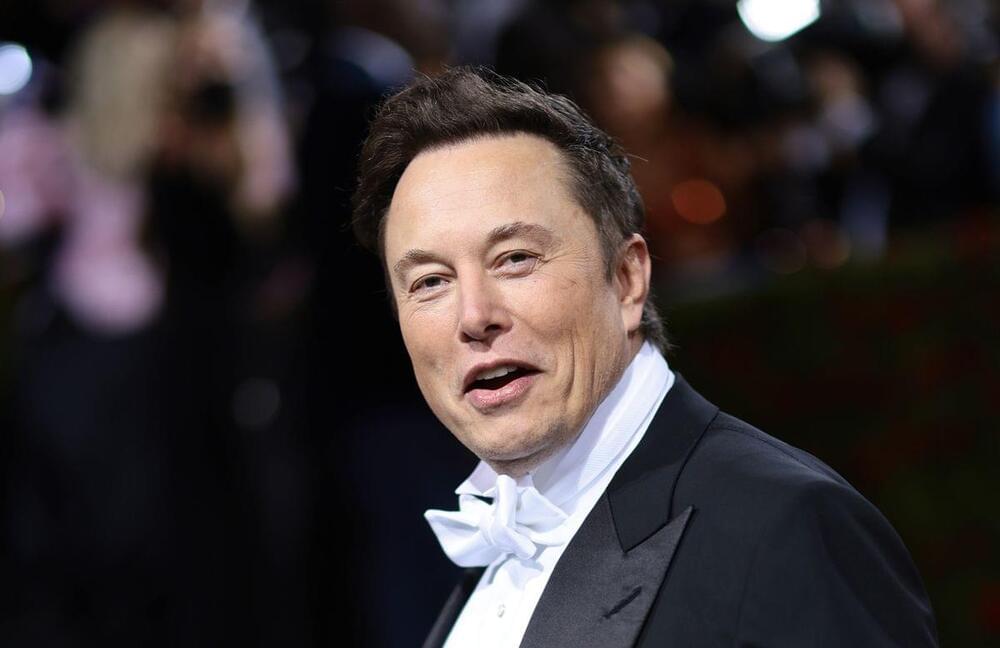
Elon Musk, the world’s richest person, is considering a visit to Indonesia to explore investment opportunities in the resource-rich Southeast Asia country.
The chief executive officer of Tesla Inc. and SpaceX met with Indonesian President Joko Widodo at the rocket manufacturer’s site in Boca Chica, Texas, on Saturday, during which Widodo extended an invite. “Hopefully in November, thank you for the invitation,” Musk said, according to a statement released by Widodo’s office.